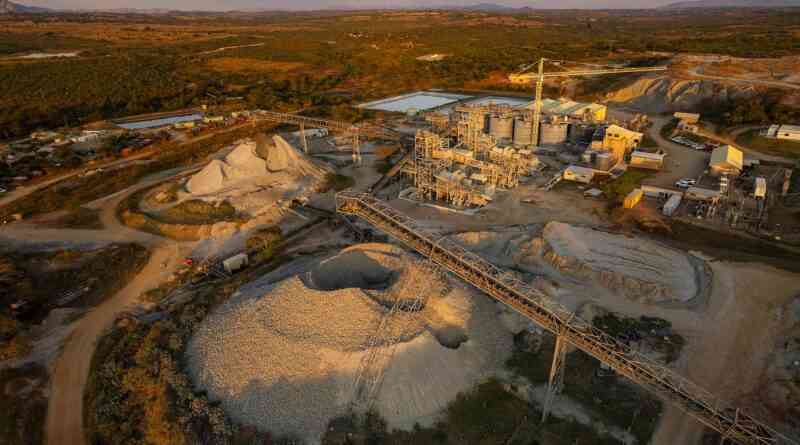
ZIMBABWE’S economy will cease to exist if the same levels of bad corporate governance which led to the $15 billion to vanish from the Marange Diamond Mines continues, an official has said.
BY TATIRA ZWINOIRA
This comes as the country’s illicit corporate dealings have led to thousands of company closures, causing at least 75 000 workers to lose their jobs since 2011.
Speaking at the 2016 graduation ceremony of the Institute of Chartered Secretaries and Administrators in Zimbabwe (ICSA) last Saturday in Harare, ICSA president Lovemore Kadenge said: “Too often we blame government and local authorities and State-owned enterprises for this issue (corruption).”
Please spare a moment to ask and answer a simple question that says: ‘would corruption be this rampant if no one was willing to pay bribes or kickbacks demanded by those in authority?’ If your answer is no, then it means we the complainants are the ones to blame for this massive level of corruption,” Kadenge said.
“It is so important to fight this scourge because if we do not fight it now then there will be no bread and butter to talk about for us in a few years. The President (Robert Mugabe) was recently quoted as saying, as much as $15 billion was lost in the Marange Diamond Mining process. “If this is anything to go by, there will not be any Zimbabwe to talk about in a few years.”
He said the graduands were responsible for making sure they fight against bad corporate governance practices to minimise the current levels of corruption.
- Chamisa under fire over US$120K donation
- Mavhunga puts DeMbare into Chibuku quarterfinals
- Pension funds bet on Cabora Bassa oilfields
- Councils defy govt fire tender directive
Keep Reading
The ICSA graduation saw nearly 222 graduands receive certificates, diplomas, and higher diplomas in an event that was well-attended.
With the qualifications from ICSA, the graduands would be able to get jobs as either board of directors, accountants, administrators and work in human resources or as company secretaries in a company.
These positions were key within a company because individuals holding them were on average people responsible for most of the corruption within a company in Zimbabwe, said Kadenge.
“We have seen a lot of big companies that have closed shop in the past few years. We have also learnt of cases of mismanagement, corruption and fraud as they continue to recur. Global warming, depletion of natural resources and pollution are real threats to human existence and sustainability will be a key consideration for organisations,” said Avilla Goba, head of corporate services, human resources and administration for the Postal and Telecommunications Regulatory Authority of Zimbabwe.
According to the 2015 Corruption Perceptions Index reported by Transparency International, Zimbabwe is the 150 least corrupt nation out of 175 countries.












